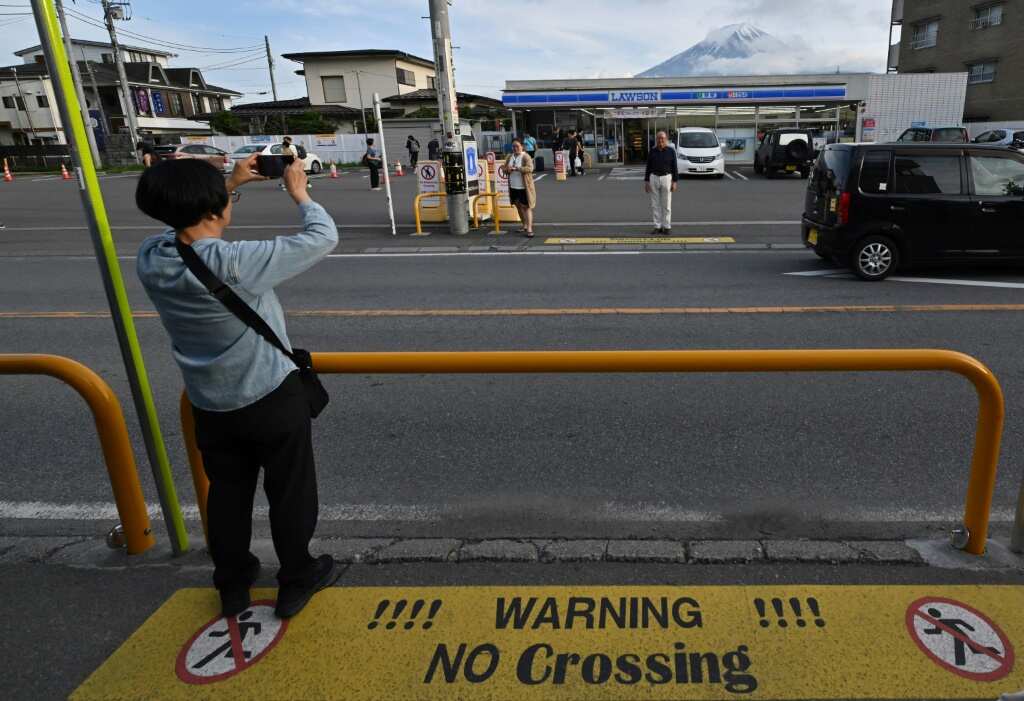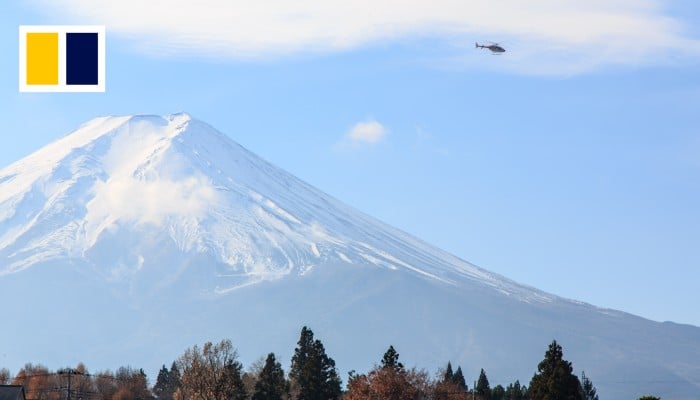


/cloudfront-ap-northeast-1.images.arcpublishing.com/sankei/QMJEDNXDO5NZZGSEVM3WFTZPPM.jpg)
In a bid to boost local revenue and offset rising costs, several Japanese cities are set to increase the onsen 'bathing tax' from 150 yen (approximately 99 US cents) to 300 yen. This tax, which was introduced post-World War II, varies by region and is aimed at supporting an ageing population and enhancing local travel services. The Ito city council in Shizuoka plans to implement this increase starting September 2025 [788495fa].
This tax hike comes at a time when Japan is experiencing a significant rebound in tourism. The Japan National Tourism Organisation reported that in October 2024 alone, the country welcomed 3.31 million visitors, surpassing previous records. With a total of 30.2 million arrivals expected this year, Japan is on track to potentially break the pre-pandemic record of 31.9 million visitors in 2019 [788495fa].
In addition to the onsen tax increase, the Japanese government is also revising its tax-free shopping system for foreign tourists. The government is considering a new system where tourists will pay the full amount, including consumption tax, upfront and receive a tax refund upon departure. This change aims to curb the resale of tax-free goods purchased in Japan, which has become a growing concern among authorities [3f12afa8].
Moreover, the government has implemented a climbing fee for Mount Fuji, which began in 2022, charging climbers US$13 to help manage overtourism and fund conservation efforts. This fee is part of broader initiatives to limit the number of climbers and reduce the environmental impact on the mountain, which attracts thousands of tourists each year [6b92fbef].
Local governments, such as the town of Fujikawaguchiko, have also taken steps to mitigate the negative effects of tourism, including installing barriers at popular viewing spots to prevent overcrowding and dangerous activities. These measures reflect growing concerns about the environmental impact and safety issues associated with the influx of tourists [7119b8fb].